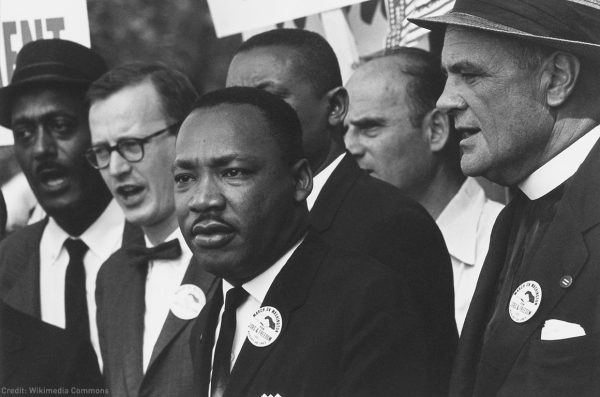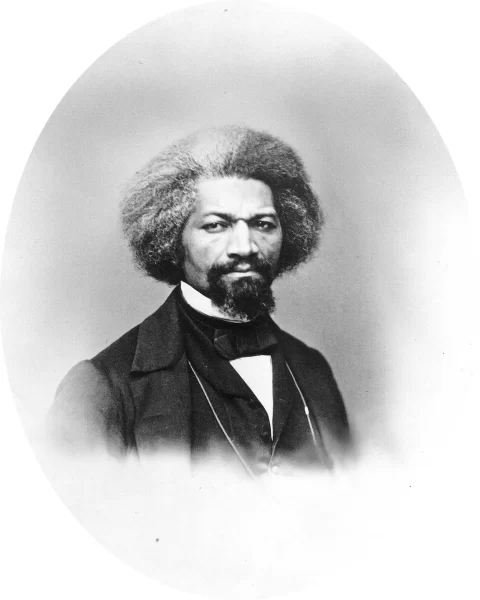Recognizing the contributions of all groups of people in America is crucial to ensure we give credit where it is due. The United States is made up of numerous diverse backgrounds, which have shaped its culture as people’s heritage and traditions fuse seamlessly to make up a country filled with inclusion. A community that has had an immeasurable influence on American culture is the African American community. From their beautiful, intricate hairstyles to their diverse vernaculars and everything in between, the positive effect Black culture continues to have on the United States is extremely impactful and serves as proof of their resilience and strong sense of community. Because of this, February was designated as Black History Month to honor the rich heritage of African Americans in U.S. history and society.

To receive a different perspective, I interviewed sophomore Nia Cannon, a Black Latina student who can directly relate to the importance of this month. She expressed, “Black History Month is important to me because it allows us to look back at the impact the pioneers and leaders of the Black community have had on our organizations and cities. This month celebrates aspects of our culture such as our food, slang, style, our ability to give a simple nod to others that look like us and feel that connection and power, and most of all, our history. It honors the legacy these leaders have laid for future generations to follow. It is a reminder to uphold the values of inclusion, respect, and understanding during every month of the year, not just February.”

The history of this month began in 1915 when an organization now known as the Association for the Study of African American Life and History (ASNLH) was founded. The organization sponsored the second week of February to spread knowledge on African American history, which later inspired other schools and communities around the nation to organize celebrations and host performances in honor of that meaningful week. In the late 1960s, the week evolved into Black History Month on numerous college campuses due to the impact of the Civil Rights Movement on social awareness. Black History Month was officially recognized by President Gerald Ford in 1976, indicating a great milestone for American culture as it marked the beginning of accrediting the Black community for its ever-lasting influence. Nia also shared, “By celebrating the achievements of those who have come before us, we can provide encouragement and support to young people who are interested in pursuing their careers. This month makes sure our voices are heard more than they already are. Due to this, ACP works to include all cultures and ethnic backgrounds by having assemblies or events that allow you to participate in showing off your culture.”
The impact this annual celebration has on society is substantial because it affects how people perceive American culture by recognizing and honoring the achievements and contributions of African Americans. More than a month to merely name historical events, Black History Month serves as a tribute to the unison among people and how the African American community has overcome struggles and remained perseverant and resilient.
To read more about Black History Month, visit https://www.history.com/topics/black-history/black-history-month










